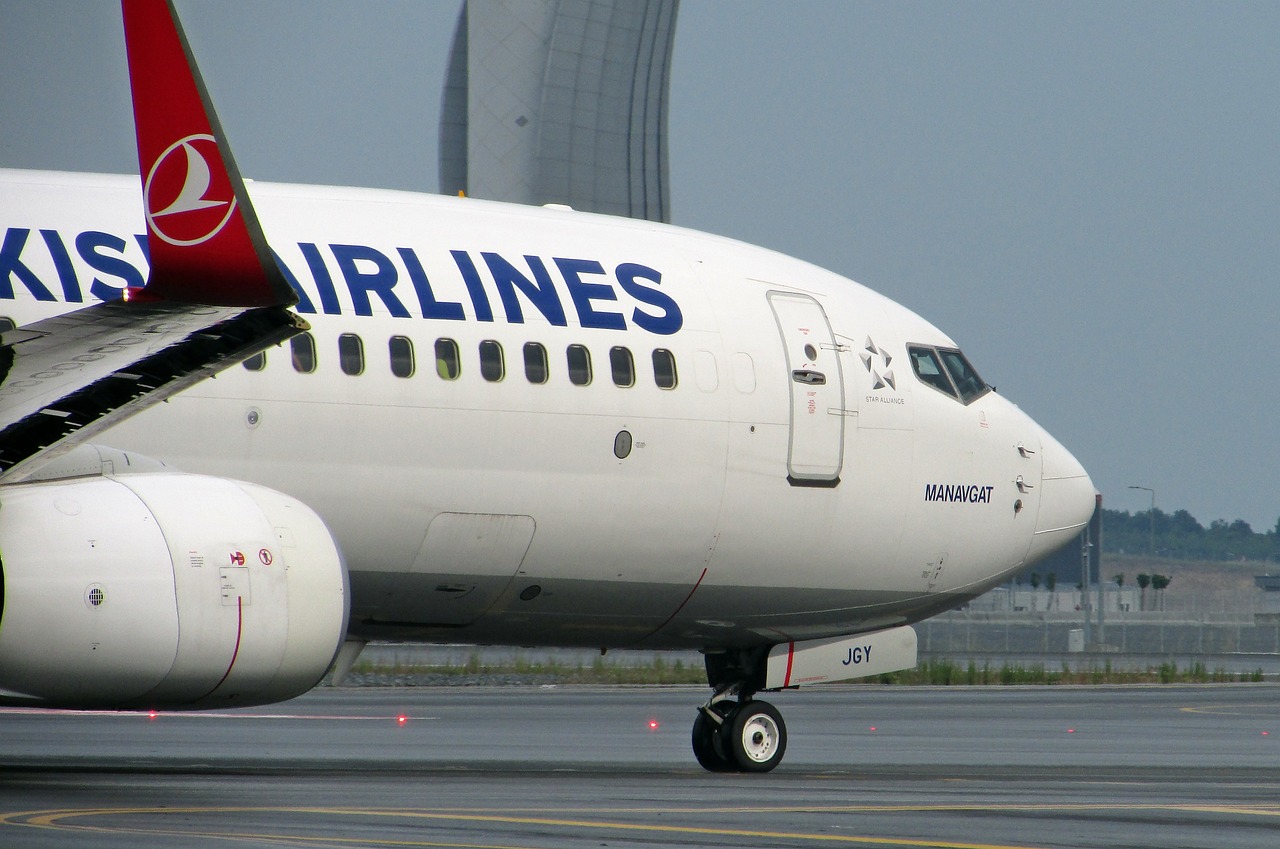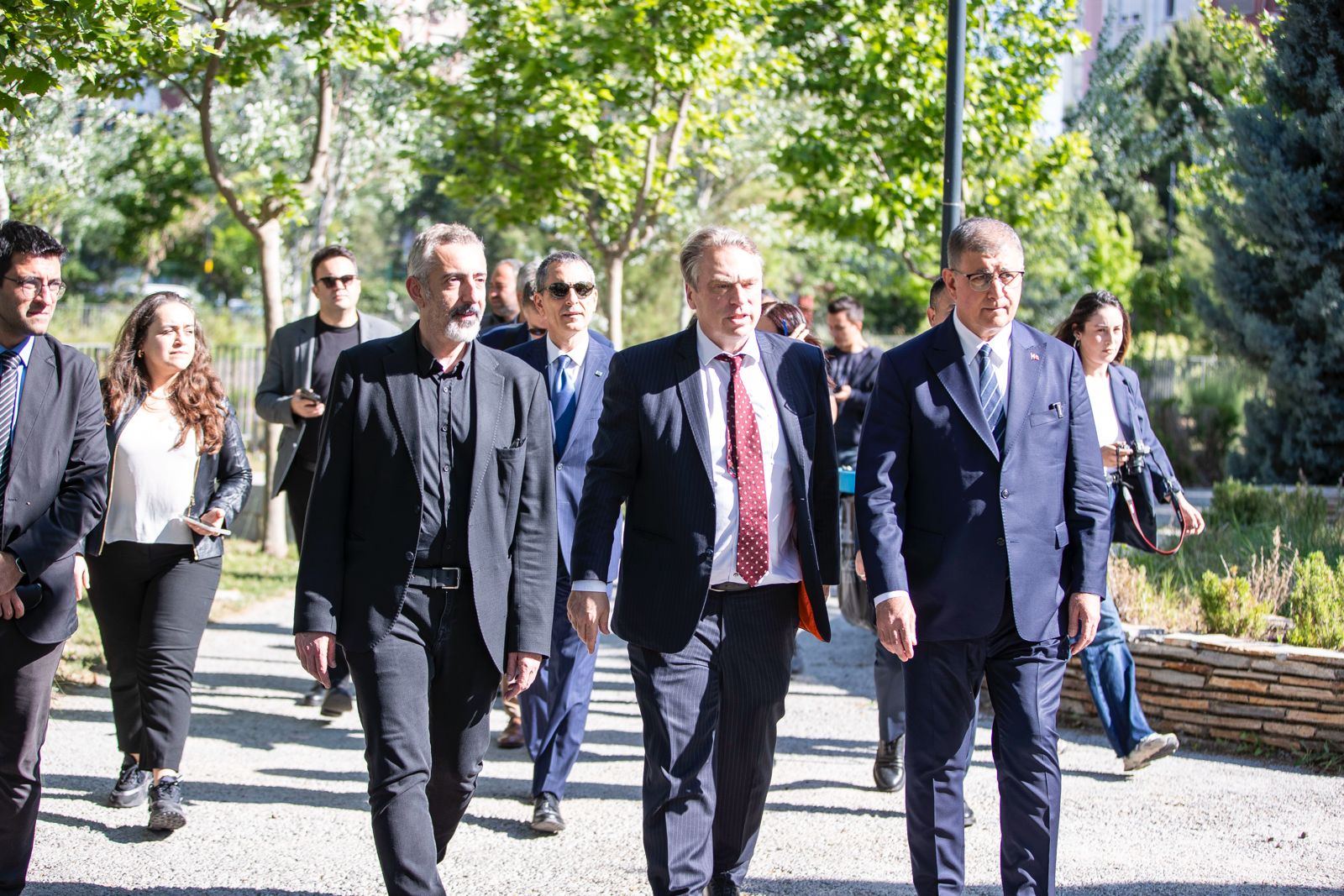Turkish elections, Western illusions
Turkey’s elections on May 14 are attracting significant international attention, with major media outlets dubbing them “the most important elections of 2023”. Many in the West seem to hope the Turks will finally replace President Recep Tayyip Erdogan and his Justice and Development Party (AKP) with a more accommodating liberal leadership that will bring about a profound change in the country’s domestic and international policies.
That may prove to be wishful thinking. Even if Erdogan is voted out, and that is a big if, his legacy is bound to endure.
In the West, the Turkish president has been described as “the other Putin”, a populist, divisive autocrat determined to pursue his dream of empire. He has been criticised for presiding over a pervasive system of nepotism, a weak economy, high inflation and currency devaluation.
By contrast, his main rival, the opposition candidate Kemal Kilicdaroglu, is portrayed as a consensual, humble and responsible leader who will restore democracy and mend relations with the West if he wins. Predictably, such characterisations have been condemned by Turkey’s pro-Erdogan media and ridiculed as arrogant and fanciful.
As the elections approach, it is still not clear who will be the next president. Most national polls are predicting a close race with Erdogan trailing behind Kilicdaroglu by a few percentage points. But the pollsters are generally political and unreliable, and many of the voters seem to be driven more by their distaste for Erdogan than love for Kilicdaroglu.
In reality, winning is about getting people to show up at the voting station, and the incumbent president has proven quite resourceful in rallying his base. As a seasoned politician and charismatic campaigner, Erdogan has energised his base among rural and working-class conservatives. His supporters seem more committed and more invested in his re-election than the six-party opposition coalition is committed to its candidate and, therefore, are more likely to go vote, come rain or sunshine.
Erdogan clearly understands that elections are won and lost mostly over domestic not foreign affairs. He has, therefore, used the levers of the state to his advantage, making big announcements on the eve of the elections about Turkey’s forthcoming fortunes.
If Erdogan wins, he is sure to double down on his domestic and foreign agendas, especially towards Russia, Europe and the United States. He will continue to pursue a hybrid approach towards major powers by balancing Turkish interests with the West and Russia. He will maintain Turkey’s membership in NATO while strengthening trade and geopolitical relations with Russia.
Kilicdaroglu, on the other hand, may be inclined to reverse some of his predecessor’s domestic political and economic policies and undo some of the illiberal measures enacted since Turkey’s 2016 failed coup in favour of greater institutionalism. But judging by the historic record, leaders in Turkey and elsewhere tend to keep executive powers and privileges they inherit from their predecessors. The litmus test for Kilicdaroglu may be his willingness and ability to reverse Erdogan’s constitutional reforms and bring back the parliamentary system.
Kilicdaroglu, who lacks foreign policy experience, has been razor-focused on domestic issues and the flailing economy. If elected, he is likely to soften Turkey’s tone towards its Western and NATO partners and remove its veto on Sweden’s membership in the military alliance.
But it is doubtful that he would sacrifice Ankara’s lucrative economic and energy relationship with Moscow – especially as bilateral trade reached $70bn last year – to satisfy the West. With former Erdogan ally and strategist Ahmet Davutoglu now on his side, Kilicdaroglu is likely to maintain Turkey’s active regional and international posture, which, despite some setbacks, has served the country’s economic and geopolitical interests. When it comes to nationalism, secularism and the Kurdish question, some change might take place, but there still will be continuity.
Therefore, do not expect Turkey to make a U-turn and go back to its pre-2002 state of affairs, let alone give up its enhanced geopolitical standing as a regional power to reckon with. Indeed, Western hopes for a reset with Ankara may fall flat, but that may not be such a problem in Washington and Brussels.
Both sides have been realists when it comes to foreign policy despite much rhetoric about principles and human rights. And judging by their appeasement of autocratic Middle Eastern regimes, their interests generally trump values. The West, therefore, will come to accept that Turkey also has regional aspirations, whatever the outcome of the elections.
After two decades in power, Erdogan has radically transformed Turkey’s domestic politics and foreign policy, and it would be hard to roll this back, especially as his AKP has emerged as a potent political force with penetrating social and bureaucratic influence. Love him or hate him, one must admit that Erdogan has been a consequential president who will leave his mark on Turkey regardless of whether he wins or loses in the upcoming elections.



